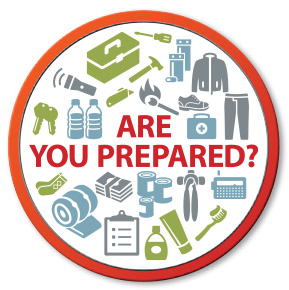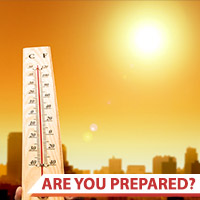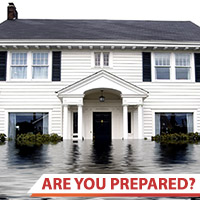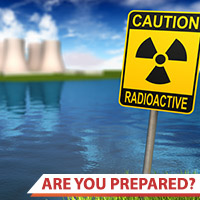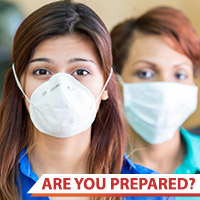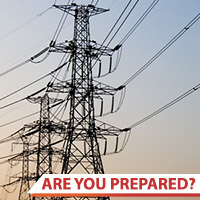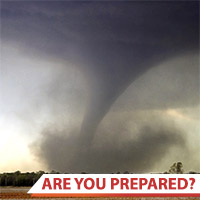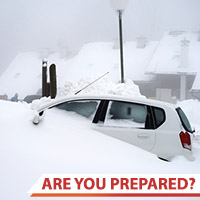Nuclear
As you may or may not be aware, a very small part of Windsor-Essex County (WEC) falls within the primary zone (up to 16 kilometres from the nuclear power plant) and all of WEC falls within the secondary zone (between 16 and 80 kilometres from the nuclear power plant) of the Enrico Fermi 2 Nuclear Generating Plant which is located in Monroe, Michigan. The Windsor-Essex County Health Unit in conjunction with our municipal partners, wants to ensure our residents are informed and safe in the highly unlikely case of a nuclear emergency.


